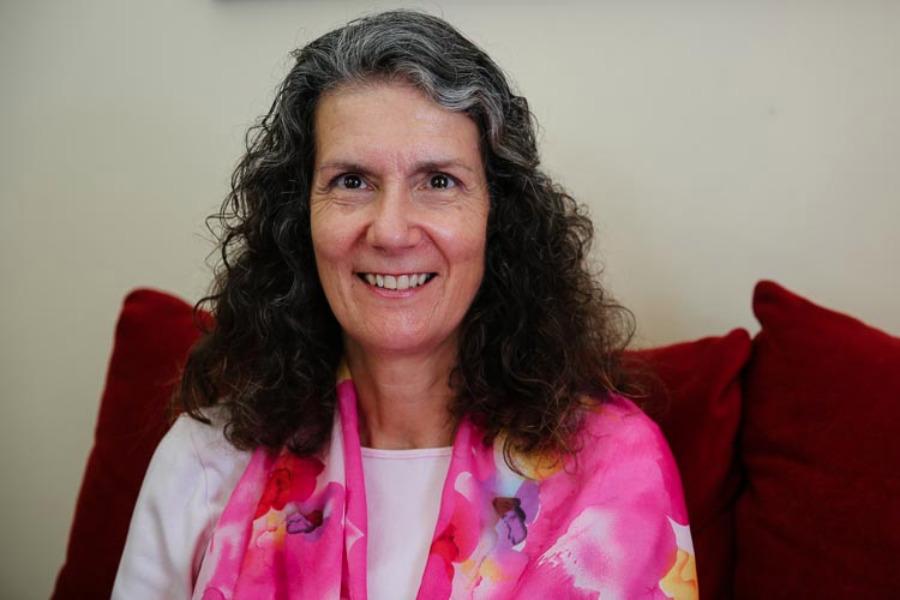
Portland Commissioner Amanda Fritz
Amelia Templeton / OPB
Portland City Commissioner Amanda Fritz wants to revive publicly financed elections.
Fritz is proposing a matching fund for candidates running for city council and mayor, modeled after a program in New York that's designed to make small donations count for more.
“People shouldn’t have to worry or wonder whether council’s decisions are influenced by big money contributors,” Fritz said.
She will hold a town hall meeting on Thursday, Sept. 8 starting at 7 p.m. to discuss her proposal.
To qualify for the funding match, candidates would voluntarily agree to only take donations from individuals, not unions or PACs, and set a donation cap of $250 per person.
The city would match small donations of up to $50 at 6 to 1 ratio. For example, a $10 dollar contribution would get a $60 match and net a candidate $70 total.
Fritz says she wants to amplify the influence of Portlanders who don’t have a lot of money to spend on political campaigns but still want to have a voice.
“People came up to me and said 'I’m going to give you $5, but you have wait till payday because I don’t have it right now,'” she said.
Here’s an outline of the program, provided by Fritz’s office:
Portland’s proposed voluntary matching program
• Any participating candidate may not accept donations over $250
• A match rate of 6 to 1 will be applied to donations up to $50
• A $50 donation would become a $350 donation when the 6 to 1 ratio is applied
• In-kinds will be capped at $20,000 for each the primary and the general; in-kinds that increase civic participation (volunteers, canvassing, phone banking, etc.) will not count towards the in-kind cap
• Candidates may begin with $5,000 seed money from any legal source.
How do candidates participate?
• File for office by petition
• Certified as a public finance candidate
• Establish a campaign account
• Only accept donations under cap ($250)
• Participating candidates for commissioners' seats need to collect at least $2,500 from 250 individuals
• Participating candidates for mayor's seat need to collect at least $5,000 from 500 individuals
• Contributions must be under the cap and collected only from individuals
• Participating candidates for commissioners' seat may not spend more than $550,000 over the entire election cycle; $250,000 may be spent in the primary and $300,000 may be spent in the general
• Participating candidates for mayor's seat may not spend more than $950,000 over the entire election cycle; $380,000 may be spent in the primary and $570,000 may be spent in the general
Fritz argues that some kind of public funding is especially critical to helping candidates from grassroots and diverse backgrounds win elections in Portland.
Portland is among the whitest large cities in America, and it's one of very few large cities that elects its council members in city-wide elections as opposed to using neighborhood wards or districts.
“There’s over 300,000 voters. There’s no way you can knock on enough doors to make a difference. There’s no way to call everyone. It’s even difficult to mail to everyone,” Fritz said.
Fritz estimates the matching fund would cost about $1 million in general fund spending a year.
Portland's city council created a "voter-owned" election program in 2005, which was put to a vote in 2010 and rejected by a narrow margin.
That program suffered from a notorious case of fraud when a candidate falsified signatures to qualify for public funding and then paid her daughter to work on the campaign.
Fritz says her new proposal includes high penalties for any candidate who misspends funds, and a citizen oversight commission.
“It wasn’t that the voters said, 'Not ever,' I think they said, 'It’s the recession, we’re just not sure about this,'” she said.
Oregon is one of just a handful of states that doesn’t limit individual campaign contributions in local races.
